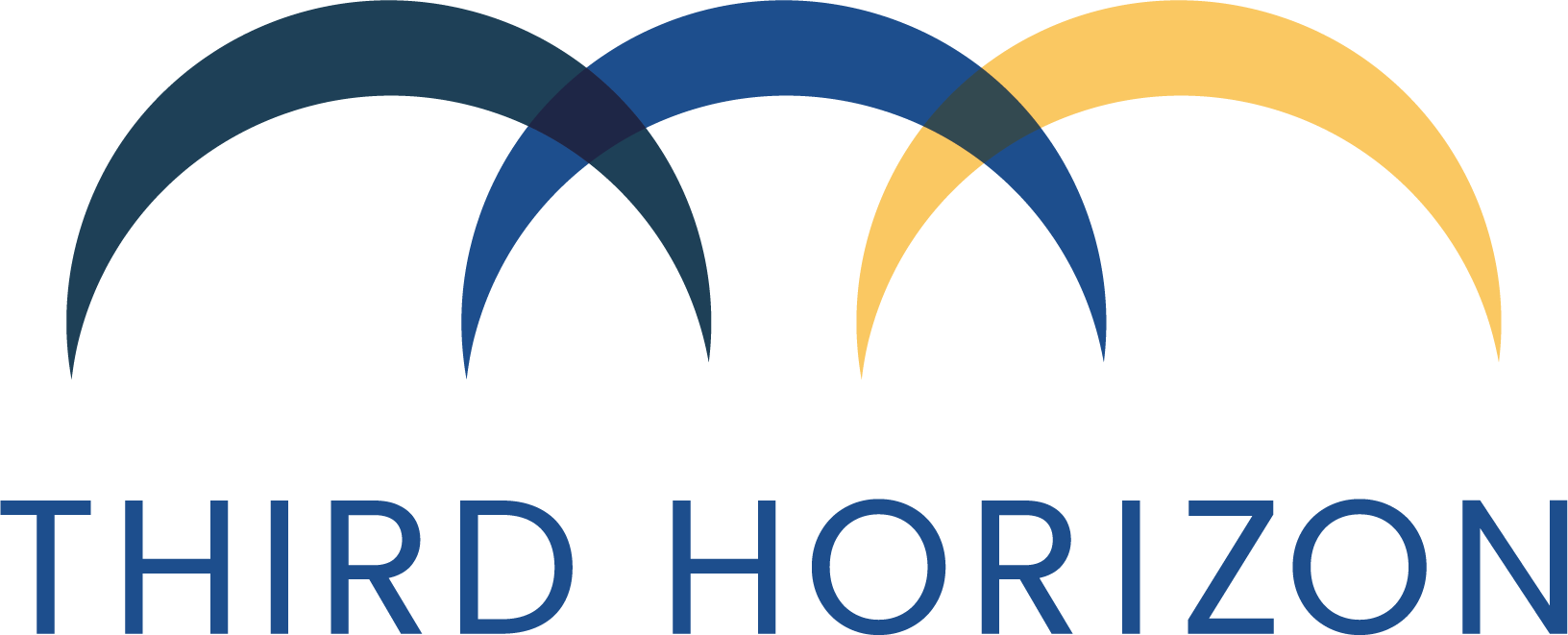- On Thursday, the US Food and Drug Administration (FDA) granted traditional full approval to the Alzheimer’s drug Leqembi. The Centers for Medicare and Medicaid Services (CMS) said Thursday that it will now expand coverage of the drug, broadening access for up to an estimated million people with early forms of the disease. The expansion of coverage comes with a caveat, as CMS will require patients and clinicians to participate in a registry to collect evidence about how the drug works in the real world. No other FDA-approved medication has that type of requirement, and patient advocacy and industry groups are incensed by the decision, claiming it will be a barrier to widespread treatment access. (Articles here, here, here, here, and here)
- At least 45 percent of U.S. tap water is estimated to be contaminated with “forever chemicals,” according to new U.S. Geological Survey research. Exposure to certain levels of these synthetic compounds, referred to collectively as PFAS, has been linked to adverse health effects in humans and animals, including an increased risk of cancer. Researchers found the greatest exposures in the Great Plains, Great Lakes, Eastern Seaboard, and Central and Southern California. Experts say it’s important for people to understand their risk of exposure through tap water. Water filters may help somewhat if tap water is contaminated and there are moves to regulate some PFAS chemicals in U.S. drinking water. (Articles here and here)
July 12, 2023
Life Sciences | Tea Leaves
